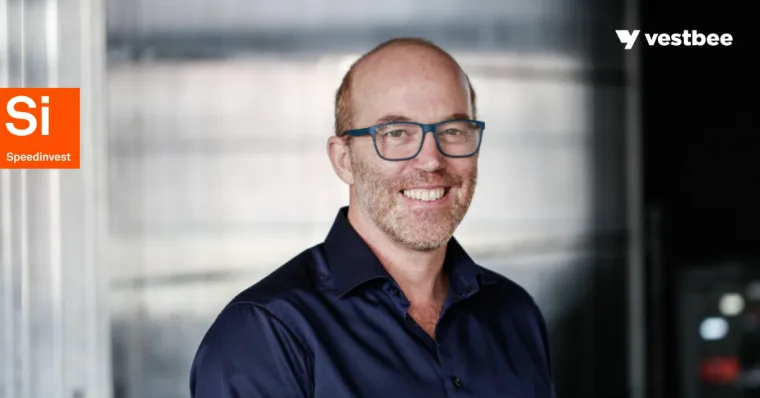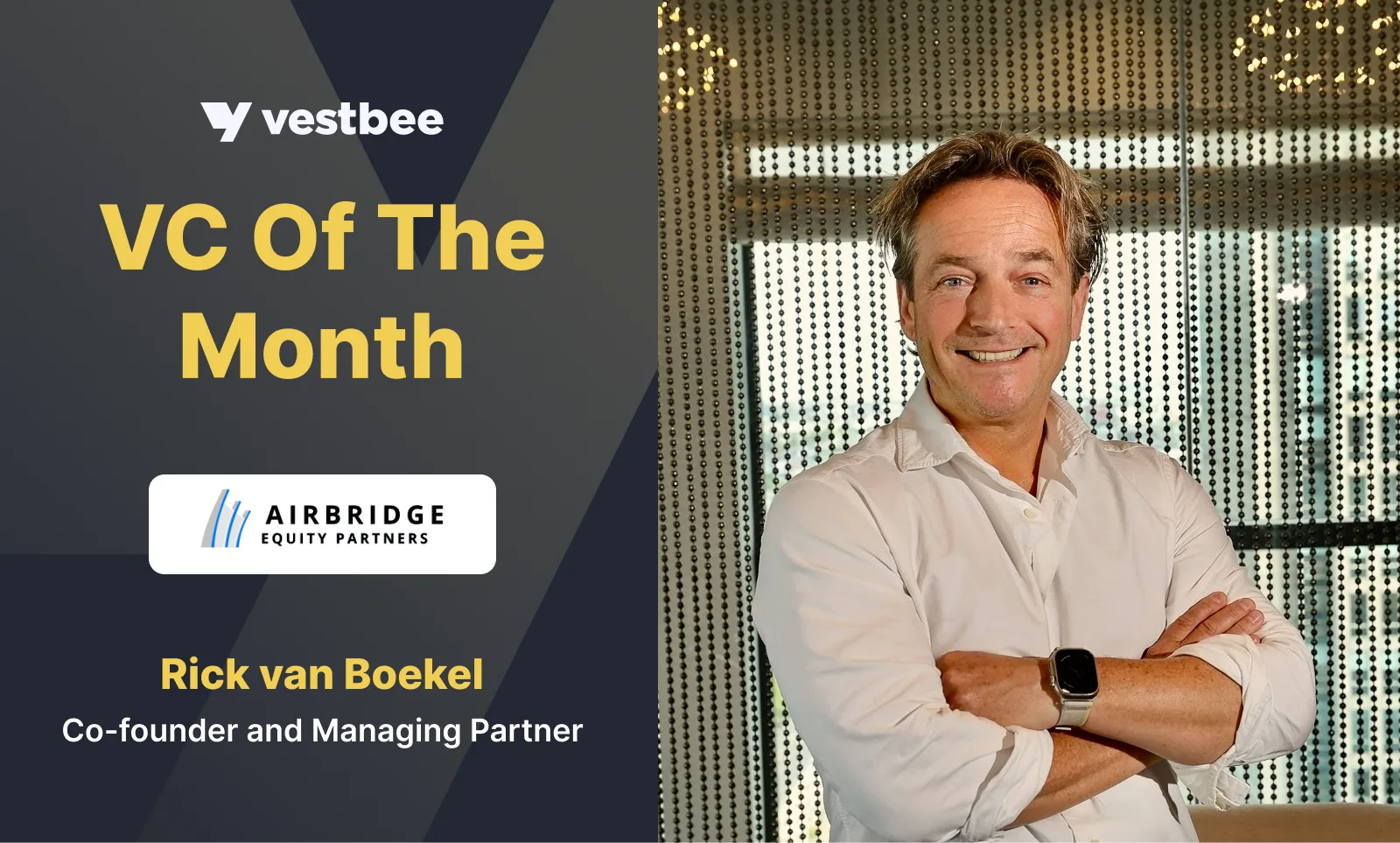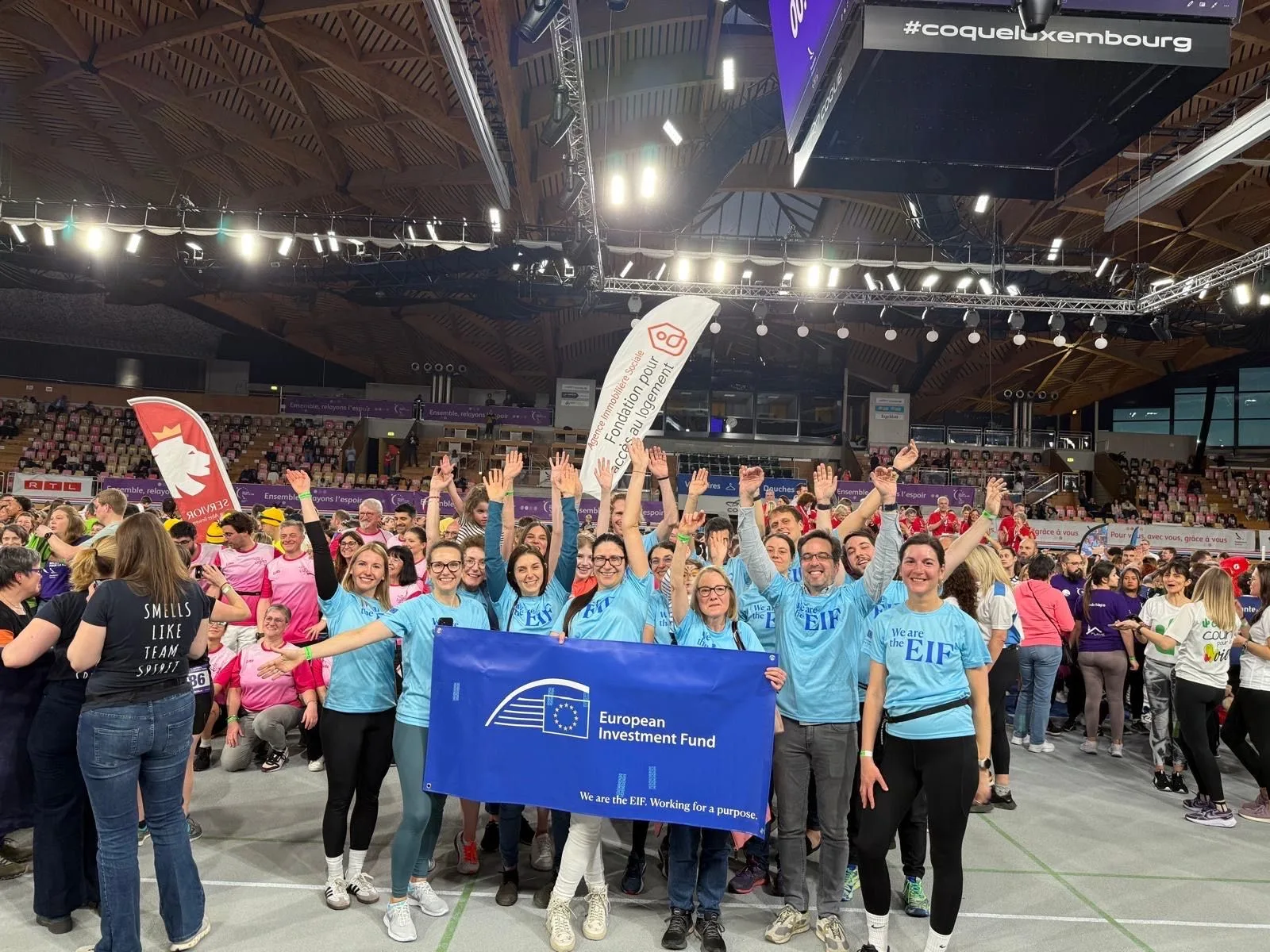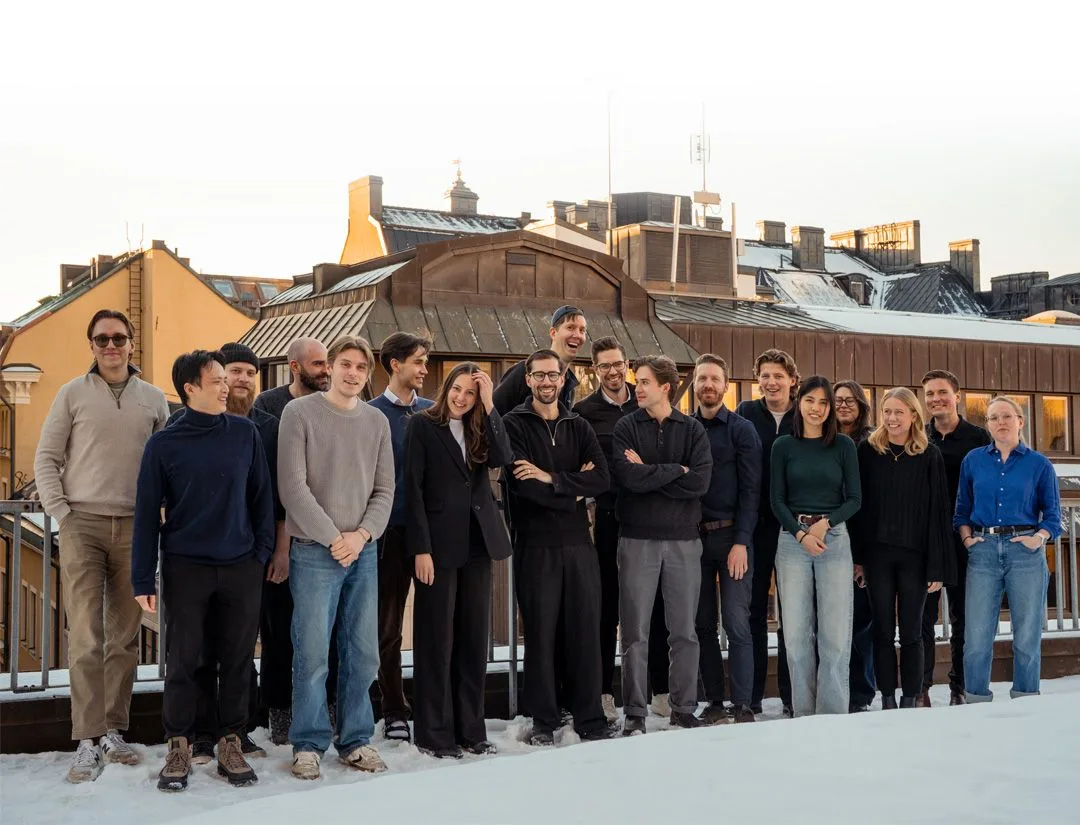About Speedinvest
Speedinvest is a leading, early-stage venture capital fund with more than €400M in capital to support visionary founders across Europe, including a recently raised €190M fund. Some of their 150+ portfolio companies include wefox, TIER Mobility, Bitpanda, Curve, and rising stars like CoachHub, TWAICE, Billie, TourRadar, Inkitt and Luko . They’re also proud investors in multiple CEE startups, including Flaviar, Scalarr , EstateGuru and Shapr3d.
Fund Strategy Overview
Geography: Europe and emerging markets
Preferred industries: Fintech, Digital Health, Consumer Tech, Network Effects, Deep Tech and Industrial Tech
Investment ticket: €50k - €1.5M
Company stage: Pre-Seed & Early-Stage
Product type: Digital first
Product stage: From pre-product to post-PMF
Revenues: Not required for stellar teams
Q&A with Oliver Holle, Managing Partner at Speedinvest
What are the five main things you look for in a startup?
Firstly, investors seek founders with clarity of thought. If you don’t have that for your startup ideas, keep talking to friends, customers and your team until you get it. Only then you will be ready to go out and pitch. All too often, founders misuse the feedback from investors to fine-tune their thinking, which can go terribly wrong.
Secondly, we expect a high-quality team. It’s one of the most frequently used cliches in the industry that investors invest in people and not ideas, but it’s true. Don’t let yourself be dragged into quick decisions, adding the “obvious choices” to your founding team. Go the extra mile, convince people who inspire you to join your vision - this will excite investors.
Thirdly, an existing relationship. Investors are not robots, we invest in people we know and trust. As a new founder, try to find people who have done impressive things, and build a relationship. Unfortunately, the startup industry abounds in people who talk a lot but are not necessarily great at actually getting things done. So be careful about your time, choose wisely who to spend time with, and if you find them, be kind, helpful and patient. Good people tend to have a good memory and will, eventually, return the favour.
Fourthly, a realistic path to profitability, or at least healthy gross margins. We may be moving towards a future where capital is less abundant than it is now, and we want to see founders prepared for long business runways, and have the autonomy to wean themselves off VC money, if necessary.
Fifthly, resilience and adaptability - both along the path to product-market fit and fundraising. Startups will likely face rejection, and they should not take that initial failure as a sign that their business is doing something wrong. They may just need to better set themselves apart from the competition, adapt a more realistic go-to-market plan, or shake the team up. If we see a team that responds to negative feedback from customers or investors, while holding onto a long-run vision, then we’re inclined to pay a lot more attention.
What disqualifies a startup as your potential investment target?
When a startup cannot explain, in simple terms, why the world needs them. What is the problem that they solve, why is their solution much better than anything which is available today?
We also need to see a clear plan for the next 12-18 months. Startups should lay out what they will achieve within that timeline, in terms of traction, product and team.
Also, don’t argue that you don’t have any competitors…
What in your opinion sets the best founders apart from the rest?
Great founders exhibit a talent to combine seemingly opposite character traits into one cohesive whole. They are bullish and very clear about their long term vision, exuding inner confidence that they will inevitably succeed. They are great storytellers who make their path sound easy and logical. At the same time, they are highly pragmatic about their tactical path, eager to listen, learn and adapt, showing humility about all the things they don’t know and cannot know.
Experienced investors are looking for exactly that kind of personality. Don’t make up where you are now, but use your vision and creativity to paint a clear picture of the future.
What should startups take into account before making a deal with a VC fund?
As mentioned earlier, they must have the clarity of thought. This also applies to selecting the right investor for your company. All money is not created equal, and all too often, founders optimize for dilution, instead of thinking beyond the immediate round of financing. Choose an investor that fits your current stage and can help you now - not maybe in 12 or 24 months. Make sure your investor or VC partner is really engaged and committed to spend time - and find someone who you actually enjoy spending time with.
What is your approach to startup valuation and preferable share in the company?
We aspire to be the lead investor in the early stages of fundraising, namely pre-seed and seed. That translates into a minimum of 10+% equity ownership. Valuations vary quite a lot, which is a natural sign of a more mature startup ecosystem. Experienced, successful entrepreneurs can (and should) command different valuations than first-time founders, and we are okay with that.
How do you support your portfolio companies?
We have built five focused investment teams with 6-8 team members each, spread across our different European offices. We’ve also created a platform team, which includes HR professionals, growth experts, business development and M&A support both in Europe and the US. We’ve taken great pride in investing all of our management fees (not inconsiderable, as our AUM stands at €400M) into building up this large support infrastructure, which significantly adds value and speeds up the growth of our portfolio companies.
What are the best-performing companies in your portfolio?
With more than 150 companies, it is hard to single out any particular stars. However, TIER Mobility, wefox, Tide, Curve, and Billie are the most well-known companies from our portfolio.
What are your notable lessons learned from investments that didn’t work out as expected?
The main reason for failure is founders often hold on to their personal views on the world for too long. This can negatively impact their product, go-to-market strategy, team or their own role in the company. Helping founders see these dead-ends at an early stage, and quickly adapt new ideas, requires a lot of trust, so this is what we work on very hard to build from day one.
What are the hottest markets you currently look at as a VC, and where do you see the biggest hype?
As I’ve mentioned before, we have built our strategy around five core investment focuses: Industrial Tech, Fintech, Network Effects, Health and Consumer Tech, and Deep Tech. We’ve seen major growth in all of these sectors as of late. More generally, current events have prompted many investors to focus greater attention on remote work, digital education, and e-health sectors.
In your view, what are the key trends that will shape the European VC scene in the coming years?
In the short-to-medium-term, Covid-19 has pushed investors to be much more risk-averse. Founders will be expected to explain how they’ll adapt and react to any of the many potential scenarios which the coronavirus might cause. Fiscal prudence and a disciplined focus on the core of the business will be emphasised and will be the key to help founders persuade VCs that their business is strong enough to withstand any unforeseen circumstances the future might hold.
On a practical basis, founders and investors alike, will need to get used to the concept of relationship building through video calls and virtual networking. Pitching via video conference is a very different skill, but one that will need to be a core capability for founders for at least the next year or so.
Long-term predictions are always a difficult game, but one thing is certain - digital will be the biggest winner out of this whole crisis. The VC industry itself will ride on this wave for the foreseeable future, with more and more capital being allocated to the innovation economy. While this will be, overall, a great thing, it will also drive consolidation as money isn’t a differentiator anymore, and only a few players can truly offer differentiated value to founders.
Related Posts:
VC Of The Month - Earlybird Digital East Fund (by Magdalena Balcerzak, Manager, Vestbee)
VC Of The Month - Market One Capital (by Magdalena Balcerzak, Manager, Vestbee)
VC Of The Month - Tera Ventures (by Magdalena Balcerzak, Manager, Vestbee)
VC Of The Month - Credo Ventures (by Magdalena Balcerzak, Manager, Vestbee)







